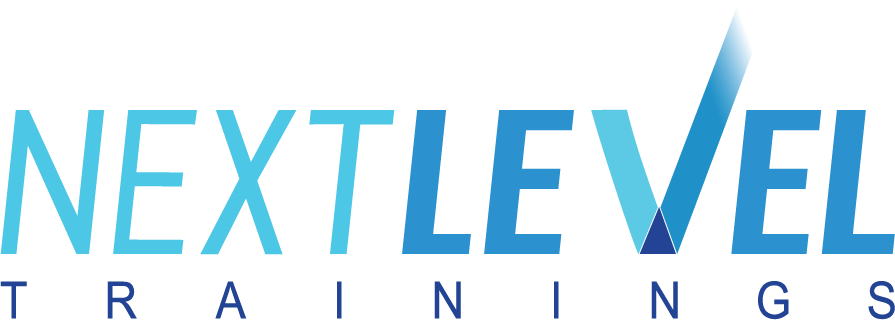Unlocking a person's potential is a skill. Empowering another to be their best self and to reach their goals and dreams is a powerful dynamic that causes personal transformation; as we support others to reach their full potential, we grow in our personal confidence and self-worth. Though being a coach for another’s greatness can be rewarding and is highly pursued as a career path, there is more to the art of being a masterful coach than just being a cheerleader for another’s vision. Below are some things to think about as you step into your role as a professional life coach.
Coaching is a partnership between coach and client. A coach supports their client in establishing a coaching partnership, creating a clear outline of success, and unpacking the lessons along the way. The largest indicator that the partnership is working is when your client is empowered to generate a tangible result or make a meaningful change. 3 main components to causing results are purpose, accountability, and debriefing.
Purpose: Establishing a Coaching Partnership
When you begin working with a client, it is important to establish what outcomes they would like to see and why they are hiring you as their professional life coach. Ideally, this is an in-depth phone call where you'll create the coaching environment that works for both of you.
Identifying what outcomes your client is looking for can be a multi-dimensional conversation. For example, what may have started as a conversation about launching your client’s business, can very quickly turn into a deeper conversation about feeling held back in their relationships. As an instrumental life coach, you must be able to break through your client's limiting beliefs that hold them back from accomplishing their overall goal.
Identifying why they are hiring you as their life coach is also crucial. During this time, it is important to establish ground rules for how you'll work together. For example: asking for permission before giving feedback, how you'll communicate with each other, what has worked and not worked for them in the past? Then, during each session, you'll clarify and ask about the topic they want to work on (this will be what's present currently and may or may not be directly related to their overall goals).
Accountability: Creating a Clear Outline of Success
Accountability is what will cause your client to show up and follow through on their commitments. Understanding what they would like to work on is the first step. This can be a short-term or long-term goal. You can identify where they are in their journey by asking powerful questions. "What area would you like to focus on right now?” "What would you like your desired outcome to be?" The answer your client gives will reveal a clear outline of what success in working with you will be for them. It is important to be flexible with your client as their goals will evolve.
It is up to you to identify what action item or assignment will best support your client to reach their goal between sessions with you. Your client will be more likely to accomplish their overall goal when they are taking action each week.
Examples of assignments could be journaling relating to the overall agenda or goal, taking a step in the direction of their goal, or having an important conversation with someone in their life.
Debriefing: Unpacking the Lessons Along the Way
Debriefing is often a neglected tool among new coaches. Debriefing can reveal valuable lessons that you can refer to time and time again. By leveraging the power of debriefing, you won't find yourself guessing what's holding your client back from achieving their desired outcome.
You've created an action item for your client. Did your client complete the action item? This is your chance to celebrate what worked and unpack the lessons along the way. Be encouraging and fully present to your client's experience regardless of the outcome. Perhaps your client faces a challenge in completing their assignment. Empathize and ask powerful, critical thinking questions. By asking powerful questions, your client will make the mental connections as you guide them through their experience.
We are hosting a FREE, Live Coaching Q&A with Professional Life Coach,
Amy Tuccio
Wed, May 19, 2021
8:00 PM – 8:30 PM EST
Amy is a results-oriented, heart-centered coach who specializes in leadership coaching, resiliency coaching, and emotional intelligence. Amy is a certified Co-Active Coach (CPCC), a certified trauma-informed coach (TICC), and an Associate Certified Coach (ACC) through the ICF. She is trained as a facilitator through Next Level Training’s Leader in Transformation program and coaches individuals and groups. Amy holds an MS in organizational leadership and business.
If you liked this post, Pin to Pinterest! 👇






